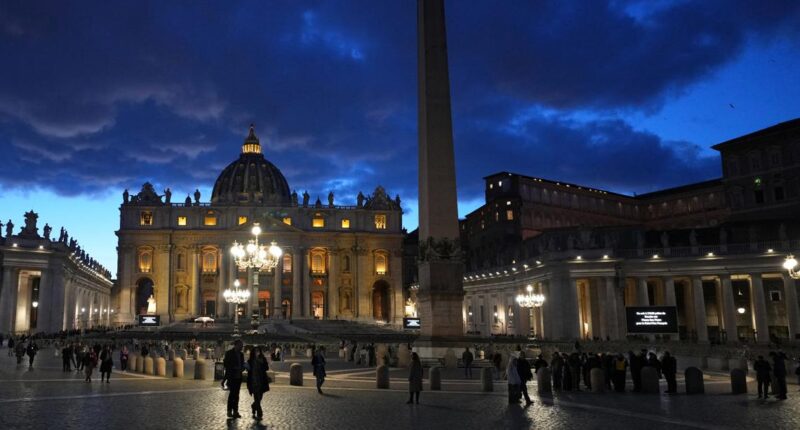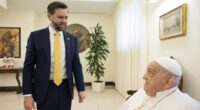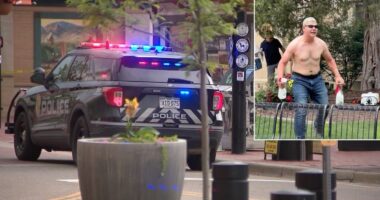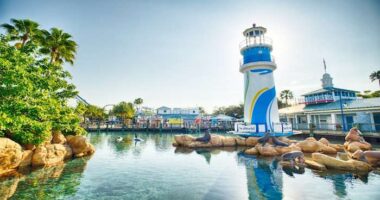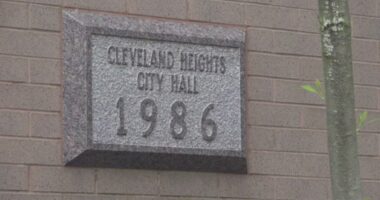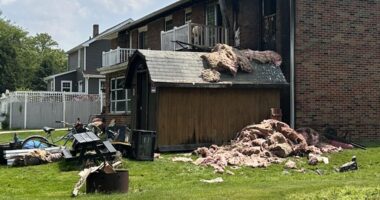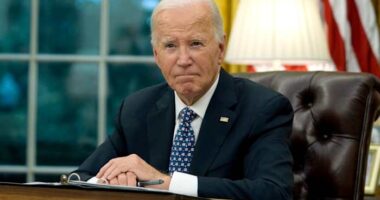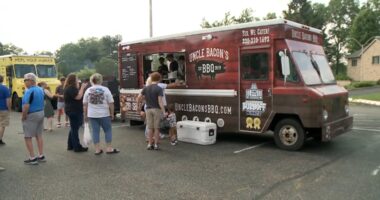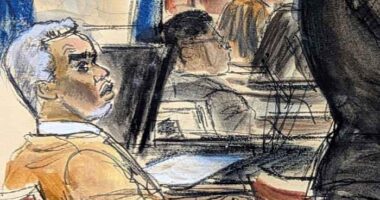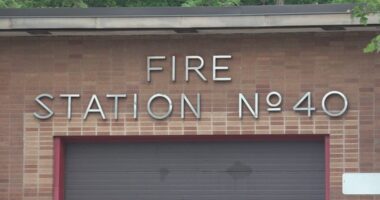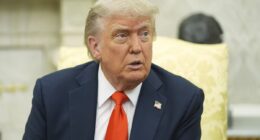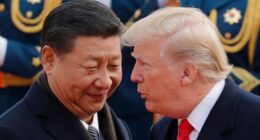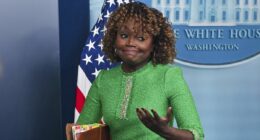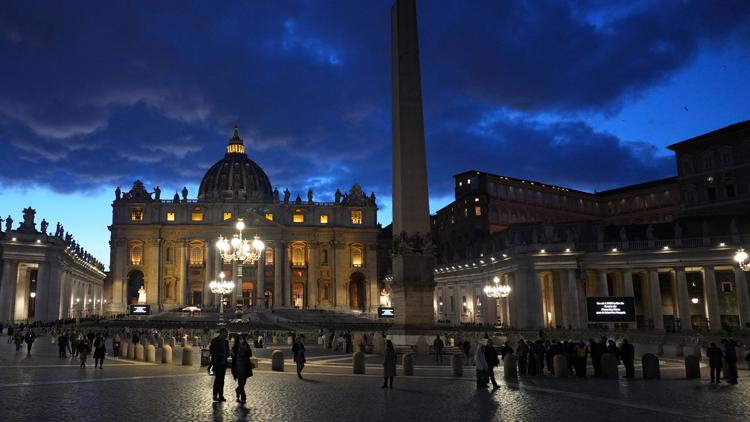
Pope Francis died at 88 a day after Easter celebrations.
WASHINGTON — Pope Francis died weeks after being released from the hospital where he was battling a complex lung infection.
The 88-year-old was admitted to the hospital on Feb. 14 due to a bout of bronchitis and spent 38 days battling the illness while on a ventilator.
He made a public appearance on Easter Sunday, blessing thousands of people in St. Peter’s Square and surprising them with a ride in the popemobile through the piazza, which resulted in enthusiastic cheers and applause.
He died the next morning around 7:35 a.m., according to the Vatican.
How is the next pope selected?
Following the death of a pope, or in cases of rare resignation such as that of Pope Benedict XVI before Pope Francis, the Vatican traditionally organizes a conclave about 15 to 20 days later.
During the conclave, the College of Cardinals are sequestered together and meet to select the new pope. The cardinals vote by secret ballot and the pope’s successor must receive two-thirds of the vote to be elected.
Under current Vatican rules, only cardinals under the age of 80 are allowed to cast a vote for pope.
Who will be the next pope?
While no clear successor to Pope Francis has been named, traditionally the pope has been picked from within the College of Cardinals.
The last time the cardinals reached outside their ranks was in 1378 when Urban VI was elected pope, according to Religion News Service.
Of course, there has been speculation over the years surrounding who may be in line for the pontiff.
In 2020, Edward Pentin, a longtime correspondent for the National Catholic Register, released a book on the topic, titled: “The Next Pope: The Leading Cardinal Candidates.” In the book, Pentin listed 19 cardinals he considered to be papabile, or “popeable” frontrunners.
Some of the names he included were Cardinals Pietro Parolin, the Vatican’s secretary of state, Matteo Zuppi, Luis Antonio Tagle, Robert Sarah and others.
Among his list were also two Americans: Cardinal Seán Patrick O’Malley and Cardinal Raymond Leo Burke.
For O’Malley, the 80-year-old former archbishop of Boston, his age would likely be a factor that complicates his potential candidacy. The oldest pope on election was Pope Clement X in 1670 at the age of 79.
Burke, who used to be the archbishop of St. Louis, Missouri, is among the 10 American cardinals that would be eligible to vote, if a conclave were held soon.
